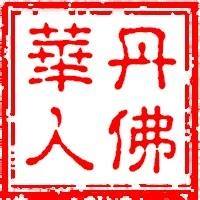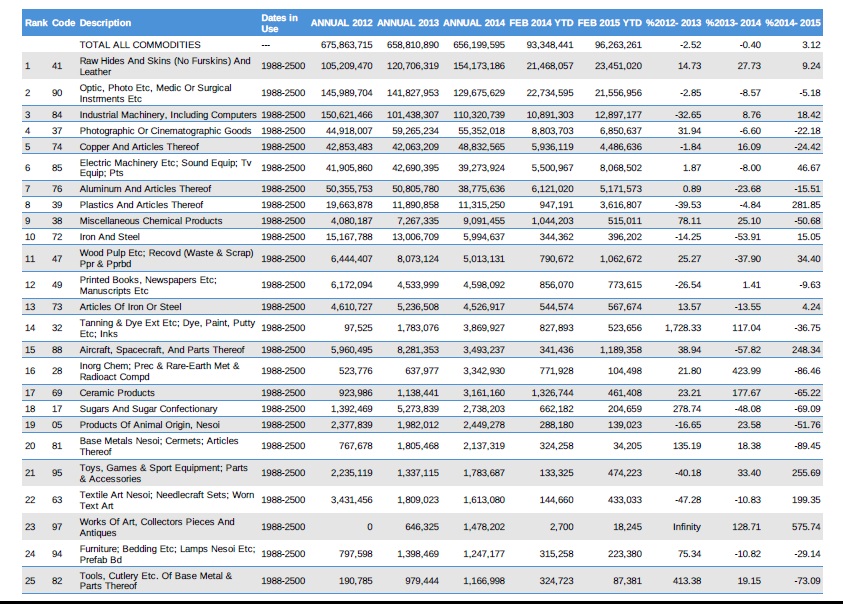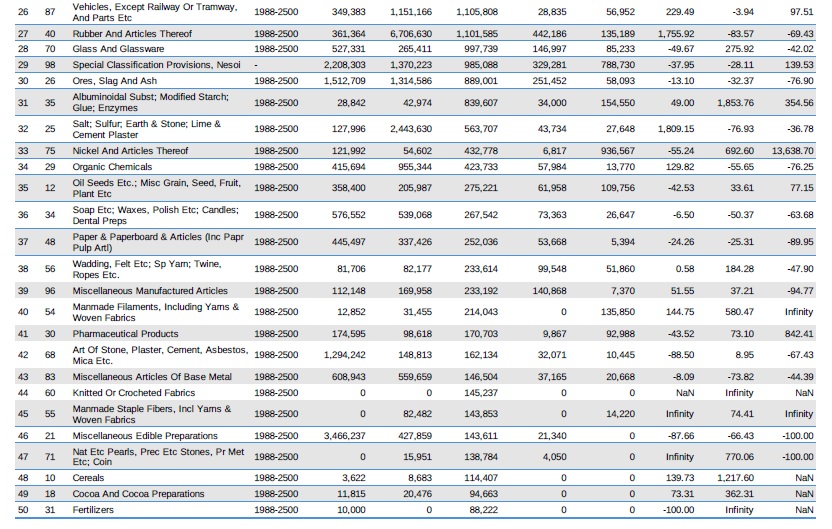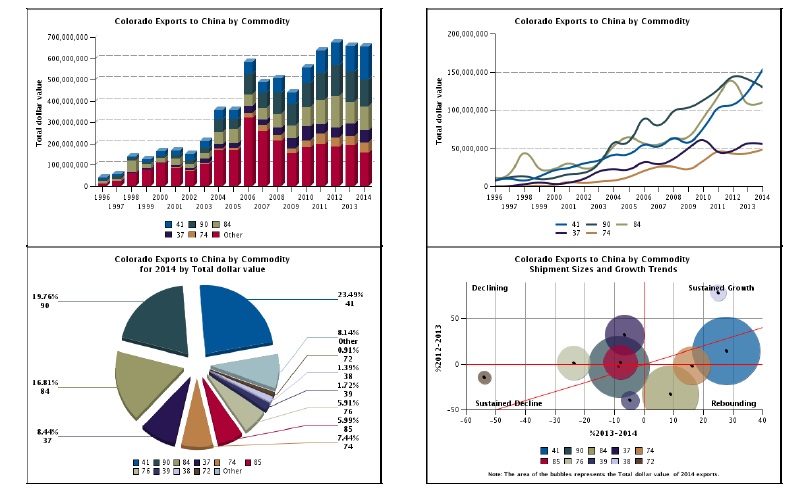|
(The following information is from Chinese-Culture.Net)
Understanding Chinese business culture and etiquette The Chinese business practice is vastly different from the Western method that most of us may be used to. Of course, with the Chinese economy opening up, China's joining of WTO and the Olympics in 2008, many Chinese business practice are now beginning to align with more conventional methods. However, China will always have their own unique business culture and etiquette, given their unique history and background. "I was recently involved in a business meeting that went sour and threatened to scuttle a good deal. What happened was that the Chinese party receiving the American purchaser was late in reaching his hotel. The American was furious as he had a tight schedule and that they were late and threatened to withdraw his purchase. The Chinese party was late because they were given a vague address of a lake-side hotel. You see, what happened was that the American gave his hotel as Lakeside hotel. Unfortunately, there were numerous hotels along the lake but the Chinese were too shy to inquire which lakeside hotel earlier because they were afraid the American would 'lose face' for having given a vague address. Instead, they spent the morning hopping from one lakeside hotel to another looking for this American gentleman." A simple cultural difference threatened to scuttle a perfectly good working relationship. To avoid similar cultural disasters, here are some tips on how you can conduct a more successful business in China. The initial approach Chinese business contacts are mostly referrals; essentially a business relationship is struck based on another business associate recommendation. The best prices and deals often comes from a strong recommendation. However, it is common today for cold calls and direct contacts, given the availability of the internet and the competitive nature of Chinese businesses. You may source from the internet, trade fairs, catalogs and brochures, advertisements and approach the Chinese companies directly through a call or email. Alternatively, if you are seeking to invest in a factory in China, you can approach a investment committee or a business advisory directly. They will be able to advise you on your best location based on your industry, raw material and manpower needs. Business Relationship in China Chinese business relationship inevitably becomes a social relationship after a while. Unlike Western business relationship which remains professional and perhaps, aloof, even after a long time, Chinese business relationship becomes a social one. The more you share your personal life, including family, hobbies, political views, aspirations, the closer you are in your business relationship. Sometimes, a lot of time is spent discussing matters outside of business, but then a lot of time, the other party is also making up his mind about your deal based on how much he sees your personal relationship with him. Seniority is important in China Seniority is very important to the Chinese especially if you are dealing with a State owned or government body. Instead of addressing the other party as Mr or Mrs so and so, it is always appropriate to address the other party by his designation ie Chairman So and So, Director So and So or Manager So and So. When giving out namecards or brochures, make sure you start with the most senior person before moving down the line. When giving out a namecard or receiving one, ensure that you are stretching out with both hands with the card. Remember to face the card you are giving out in a manner such that the receiving party gets it facing him correctly. Giving Face or Gei MianZi Giving face (aka giving due respect) is a very important concept in China. You must give the appropriate respect according to rank and seniority. For example, if you are buying gifts for an initial contact, make sure you buy better gifts for the senior managers instead of buying similar gifts across the board. Similarly, sitting positions in a meeting room or a dining table is accorded accordingly to rank, importance and seniority. It is good to seek advice before embarking on your first meeting with Chinese business contacts to avoid making the wrong move. Gifts and Presents Unlike earlier days when China was very poor, gifts, especially of Western origin was especially appreciated. Today, China produces and imports almost anything imaginable and gifts are no longer a novelty. However, gifts are always appreciated and especially in the smaller cities or towns, will continue to play an important part in your business relationship. Do note that if you are indeed giving gifts, make sure the senior people get a better gift or at least gifts perceived to have a higher value than their junior staff. Similarly, expect to receive gifts from the Chinese, especially Chinese art products. It is polite not to refuse, especially if it is not of too high a monetary value. Lunch/Dinner in China There is no business talk in China without at least one trip to a restaurant. Sometimes, a trip is made to the restaurant even before any business discussion take place! Inevitably, the restaurant will always be a grand one and you are likely to be hosted in a private room. There is an elaborate seating arrangement for a Chinese business meal. There are fixed seating positions for the host and the guest and then they are seated again according to seniority. This is a very important aspect of a formal dinner and it is important that you follow the rules accordingly. However, it seems that the Northern Chinese are very particular to this formal seating arrangement while the Southern Chinese has loosen the formalities somewhat. Drinking with the Chinese The Chinese are big drinkers especially in Northern and Western China. It does not matter if it is lunch or dinner; as long as a meal is being hosted, there will be alcohol. Chinese wine is the favorite, followed by red wine and beer. Chinese wine is more like fuel than liquor, having a alcohol concentration as high as 60%! No matter how good a drinker you may think of yourself, never, ever challenge a Chinese into a drinking contest. They will win, hands down! It is often seen as rude not to drink with the Chinese in a formal dinner. To maintain your sanity, either claim to be a non alcoholic or plead medical grounds as an excuse. This will let you off the hook with little or minimal drinks. Better yet, bring a partner who can drink on your behalf! After Dinner Entertainment in China Formal business dinner normally drags for quite sometime as there will be much social talk, some karaoke, and drinking contests. Most of the time, everyone is too drunk to indulge in further entertainment after a dinner. In addition, if you are just new to this partnership, you are unlikely to be invited to further after dinner entertainment. However, once you are familiar with them, you may be invited to a Karaoke, or a Night Club, or a Suana. Do note that if they are the host for the night, all bills will be picked up by them for the night, including all entertainment. It is impolite to fight for the bill or worst, split the bills. Similarly, if you are the host for the night, you are expected to pick up all bills for the night. Controversial Issues in China There are some taboo areas in social conversations with the Chinese. Try to avoid these conversational topics as much as possible. I have seen many nasty arguments as a result of these topics: 1. You must not mention that Taiwan is an independent state or a country. 2. You must NEVER praise the Japanese or be seen to be good buddies with them 3. You can condemn Mao Tse Tung but avoid criticizing Deng Hsiao Ping 4. You must not praise Shanghai in front of natives of Beijing and similarly vice versa Other than that, you are pretty safe to converse with the Chinese anything under the sun! (The following information is from Canadian Trade Commissioner Service, so there is quite a few reference to Canada. Please substitute the reference to USA instead)
Introduction China’s culture and business practices differ from Canada’s. As you start or expand your business in China, having an understanding of Chinese business etiquette is important to your success. Knowing and practicing common customs will also help you relax, avoid embarrassment, and focus on the matters at hand on critical occasions. This document provides a brief set of guidelines on Chinese business customs and practices based on queries that have been received by Trade Commissioners at our Embassy and Consulates in Greater China. For further information, there are reference links at the end of the document. While nothing can beat your own personal experience, we hope that this information will be of assistance in sensitively guiding your activities. In your business dealings in China, you will make many friends, both Chinese and foreign, who can help you learn the ropes. Follow their advice and example! The toughest business people you encounter will often also prove to be genuinely warm and accommodating hosts, and will overlook simple errors of table manners or business etiquette – as we would in Canada – if your purposes are serious and your conduct respectful. Background Before beginning, recognize that the following qualities are valued by the Chinese and therefore relevant to your Chinese business interactions today:
Approaching Business in China Top tip: Business in China relies heavily on personal relationships: make sure you have some! Doing research on the market is important in China, but personal relationships are equally essential to business success here. It is crucial to establish and maintain good relationships with key business contacts and relevant government officials. Attending industry networking events, contacting industry associations and municipal or provincial investment promotion bodies, and following up on personal introductions are all good ways to start the relationship-building process. While many Canadian firms have done business successfully with credible firms in China, it is important to remain aware of potential scams that you may encounter as you approach business in China. Attending and Conducting Meetings Top tip: Don’t be late, and know who’s boss! In general, meetings in China follow the same format as those in Canada, albeit with a bit more ritual. The Chinese value punctuality, so arrive on time or even slightly early for meetings or other occasions. The following points should be kept in mind:
Dining Top tip: Follow the leader! Business often gets conducted during meals. As with business meetings, food and seating are determined by the hosts. The following points should be kept in mind when dining formally with the Chinese:
Gift Giving Top tip: Buy Canadian… and make no allusion to the passing of time! Gift giving is a common Chinese custom that business visitors to China should prepare for and use to advantage. The advice of a Chinese friend or colleague is invaluable in doing this properly, but here are some simple guidelines:
|
ArchivesCategories |
此网页所有版权为丹佛华人资讯网所有。 有对网页有关的问题请于[email protected]联络网页编辑




 RSS Feed
RSS Feed

